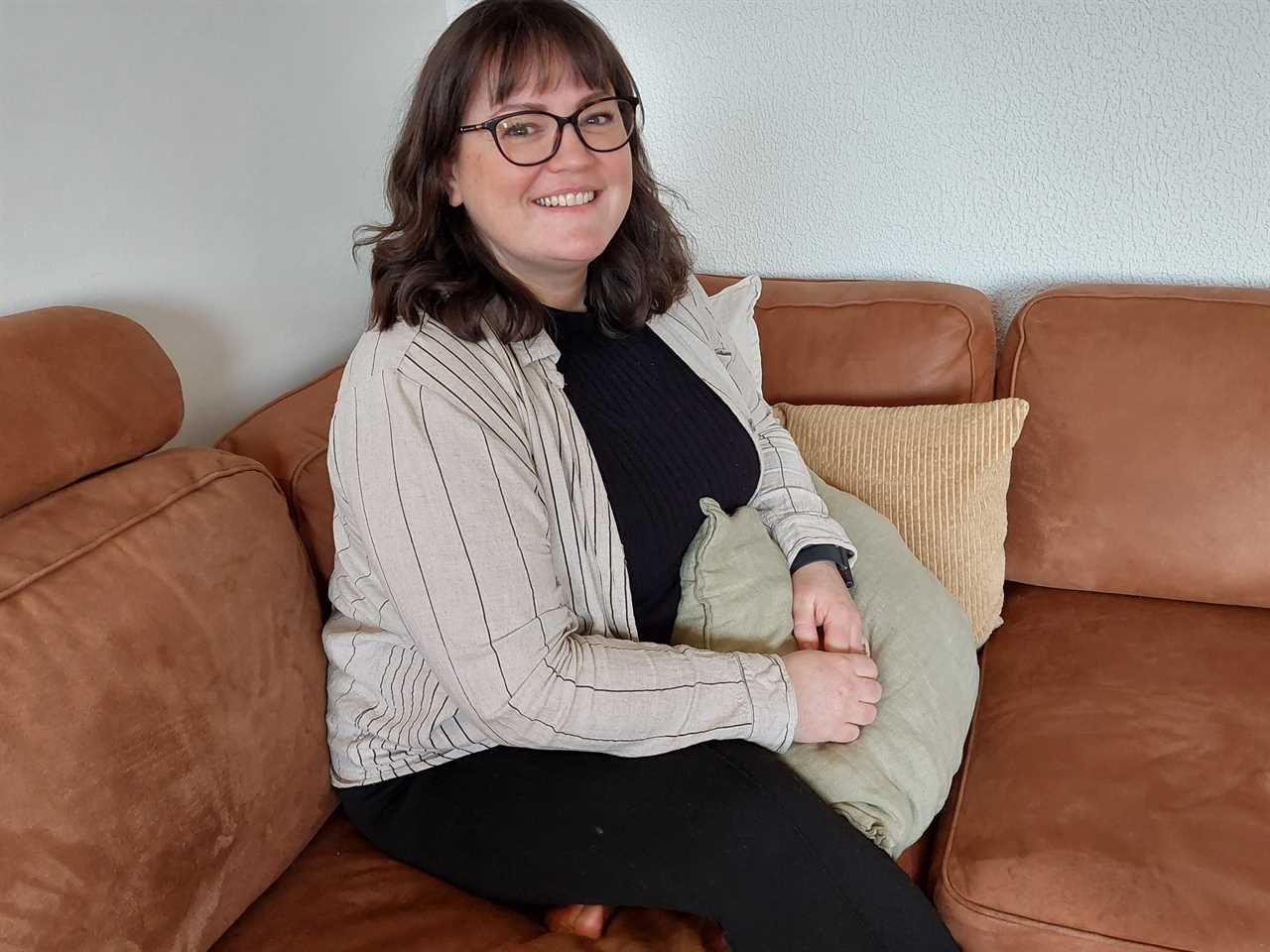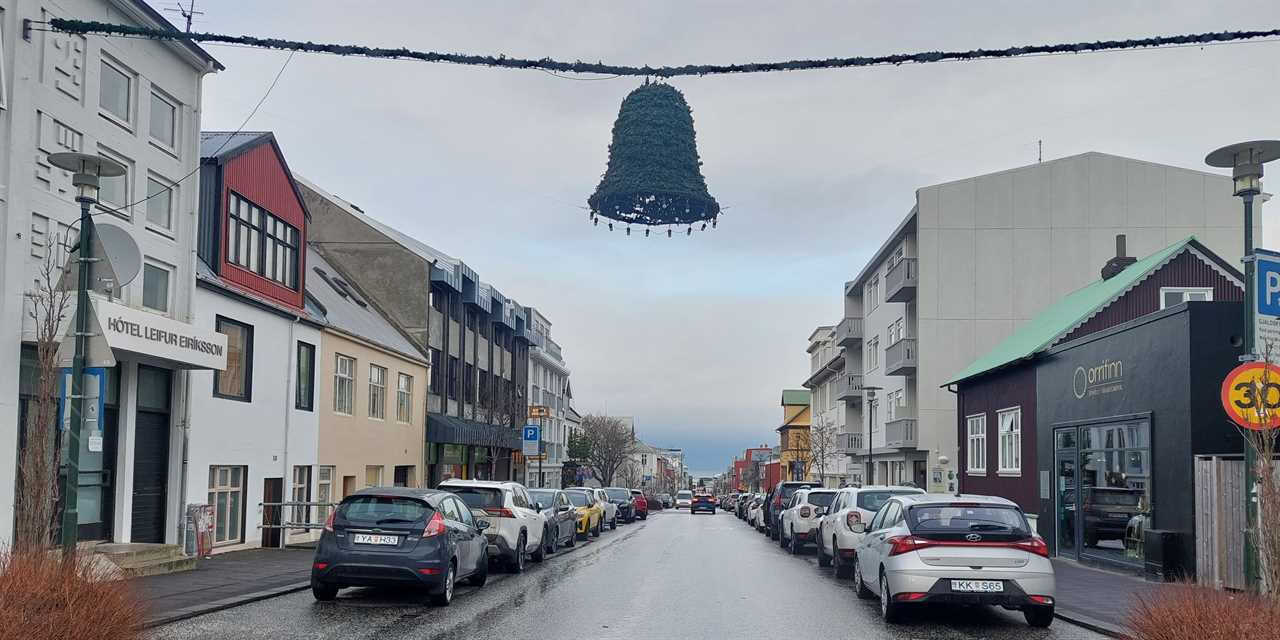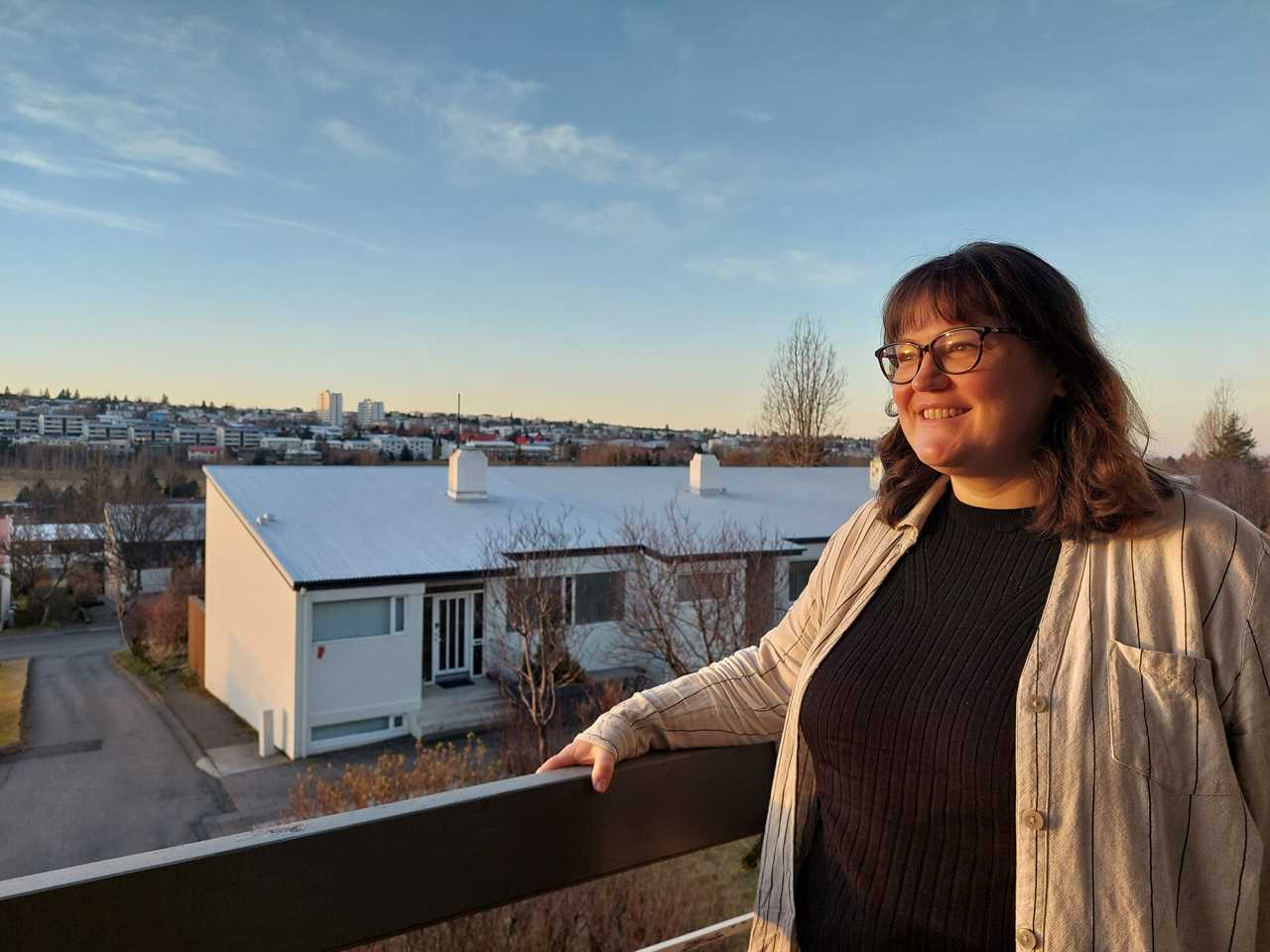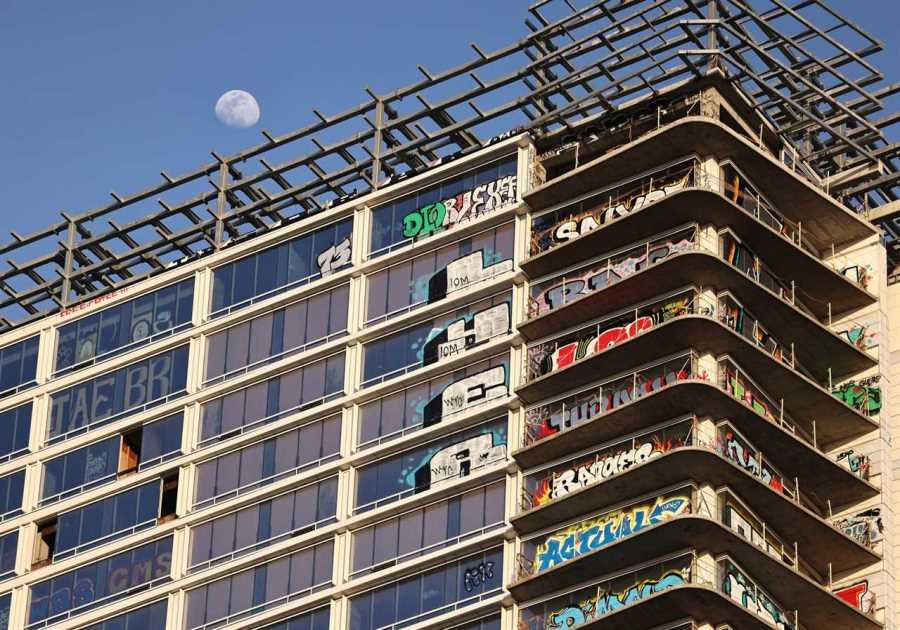
Grace Dean/Business Insider
- Sonia Nicolson moved to Iceland eight years ago. She now has two kids and says raising a family there is great.
- She's able to enjoy nature, healthcare is cheap, and her kids are safe, Nicolson said.
- "I feel like I've been accepted here as much as a foreigner can be accepted into a country," she said.
A British expat in Iceland says that her kids are safe, she can enjoy nature, and healthcare is cheap and high-quality, even if it can be hard to befriend the locals.
Sonia Nicolson moved to Iceland "for love" in February 2016 after meeting her husband in a bar in Scotland while working at a university in southern England.
"He romantically told me about the snow and the summer cabins and sitting in a hot tub watching the Northern Lights," Nicolson told Business Insider. "Now I live here."
Deciding whether to live as a couple was a case of "either him coming to the UK or me coming to Iceland," Nicolson said. She ultimately made the leap because she was burned out.
She grew up in Edinburgh but had previously lived in India and Japan.
"I was absolutely exhausted in my career, had worked, worked, worked, worked, worked, traveled a huge amount, and jet lag had never really caught up with me," Nicolson said. She first visited Iceland on a work trip and later spent a month exploring the island in 2015.
"I just thought, maybe it's time," she said.
Nicolson lives with her husband and two children, aged two and five, in a flat they own in the suburbs of Reykjavik.
"The rental market is crazy and I feel very, very lucky not to have to go through that," Nicolson said, noting that there was a lot of competition with Airbnb and that most of her friends owned their homes.
"To get on the property ladder now would be very, very difficult," she said. "And I do worry for my kids when they grow up. I think they'll be living with us forever. I don't know how young kids can do it these days."
Groceries are more expensive than the UK and there's not as much choice, she said. "We are a tiny little island and it's very difficult to get fresh produce that's ripe and ready," she said. "When you've booked a flight, you always think about what you're going to buy in the supermarket."

Grace Dean/Business Insider
Iceland is ranked as one of the safest countries in the OECD and has topped the Global Peace Index every year since 2008. Many families relocate to Iceland because of this, Nicolson said.
"It is a lot quieter, calmer," she said. "Kids do typically walk to school, even in the city center … They're still playing out in the street. You can knock on each other's doors and wander off and play in the playground … We're lucky to still have that."
Nicolson said kindergarten is heavily subsidized and costs much less than in the UK. Her children get "amazing food," including fish two or three times a week, she said.
Though you have to pay for healthcare in Iceland, it's affordable and easy to get same-day doctors' appointments, Nicolson said. The country has free healthcare for pregnant people and children under two.
"I've had two natural births and one was in COVID and they went above and beyond to do anything they could," she said.
Nicolson said her husband's company offered free Icelandic lessons for foreign staff and parents. The couple are bringing their children up to be bilingual.
Tourism in Iceland exploded after the country got widespread news coverage when Eyjafjallajökull erupted in 2011. Pre-pandemic, Iceland had around 2 million tourists a year.
But during the pandemic, numbers plummeted. Nicolson said she visited some of the country's biggest natural attractions, "and it was so weird to be there with no tourists."
Even living in the capital city, Nicolson is still able to enjoy nature. "I definitely try not to take the Northern Lights for granted," she said. "Every night I go and have a quick look before I go to bed." She's able to see the sunrise from her balcony, and regularly visits the city's heated outdoor pools.

Grace Dean/Business Insider
The weather during winter is "not massively different from Scotland," Nicolson said. "Just a bit darker and a lot windier."
Iceland has few hours of daylight in the winter. To cope, Nicolson said you need to "give into Hallmark movies and just be cozy and hibernate and snuggle with the kids and read lots of books. And then in the summer you go outside and do everything." Nicolson said that when she first moved to Iceland, she struggled to stop working in the summers because the near-constant daylight made it hard to tell what time it was.
Nicolson said it was difficult to befriend Icelanders because many were still close to their school friends "and it's almost like their friendship group is full." Instead, most of her friends are foreign-born moms she met through playgroups.
"I feel very lucky here," Nicolson said. "Iceland does have a very good reputation. I have a great life here."
"And it's not my country, but I'm talking to you like it is because I feel like I've been accepted here as much as a foreigner can be accepted into a country," she said.
Read More
By: [email protected] (Grace Dean)
Title: A British expat moved to Iceland and struggled to adjust to the seasonal darkness and lack of choice for groceries
Sourced From: www.businessinsider.com/british-expat-uk-moved-iceland-winter-darkness-lack-choices-groceries-2024-1
Published Date: Sat, 20 Jan 2024 11:03:01 +0000
.png)





